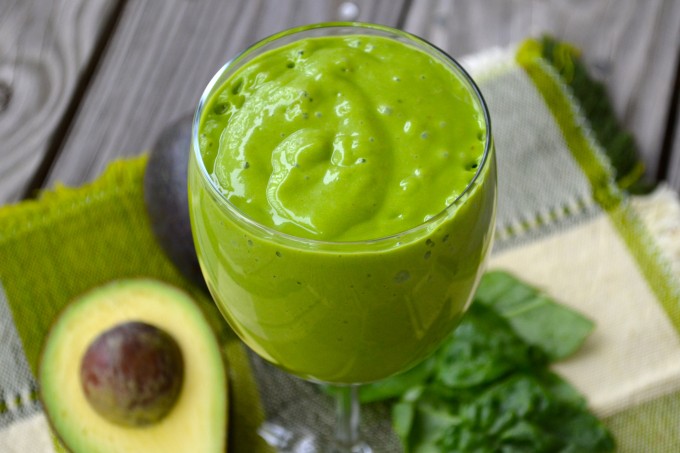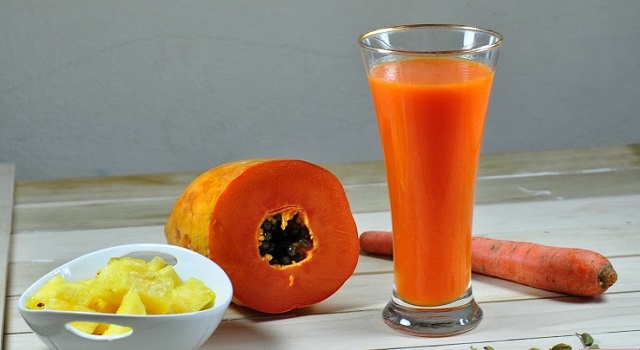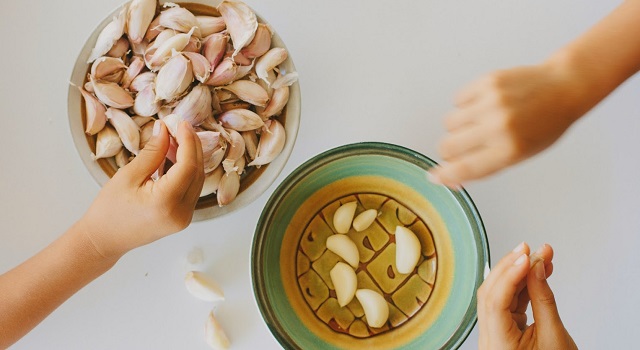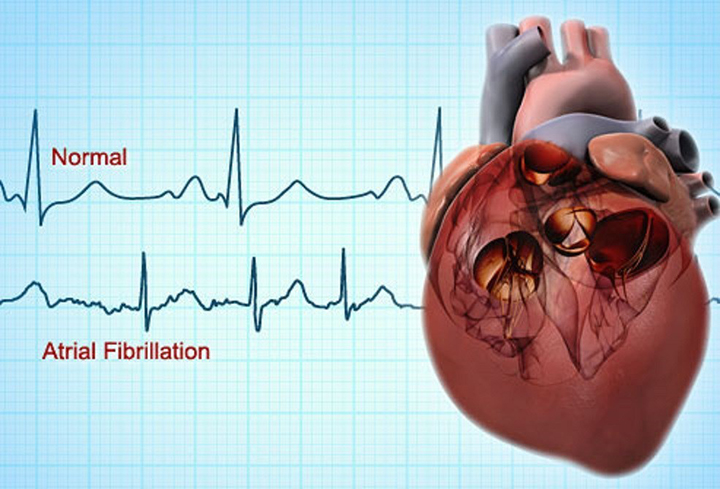People with atrial fibrillation, or A-Fib, exhibit an abnormal or faster-than-normal heartbeat.
It turns out that diet plays a big role in how patients can manage their symptoms.
Below are some examples of what to eat and what to avoid to ease symptoms of A-Fib or reduce your chances of developing it.
Food & Nutrition Diet (Meal Plan) for Atrial Fibrillation
#1 Recommended Breakfast Diet for Atrial Fibrillation

The key to eating right for A-Fib is sticking to foods that have anti-inflammatory properties.
Avocados fit the bill, plus they have so many health benefits. For example, they are loaded with Vitamins C and E, as well as magnesium and potassium. They’re great in any meal, including breakfast.
Other morning foods that can boost heart health include kiwis, mangoes, and papayas. They’re full of Vitamin C and antioxidants that ease inflammation.
Berries are also packed with antioxidants. They go great in a parfait, in oatmeal, or even on their own.
Having eggs a few days a week is okay, since they contain choline. This nutrient regulates fat levels in the blood and it is also an anti-inflammatory nutrient.
#2 Recommended Lunch Diet for Atrial Fibrillation

A common lunchtime meal consists of a sandwich with slices of deli meat. It may seem harmless, but deli turkey, ham, and other cold cuts should be controlled for they are packed with sodium.
Another lunchtime favorite, aged cheese, contains an amino acid called tyramine, which increases blood pressure that can result to Afib attack.
While conventional canned soups contain lots of salt, bone broth is a superfood that is getting a lot of positive attention. That’s because it’s a digestive aid and it helps with inflammation.
It turns out that nearly half of the people with A-Fib also have issues with their digestion, so bone broth can fit into a heart-healthy lunch. Pair it with some veggies and lean meat for a complete meal.
#3 Recommended Dinner Diet for Atrial Fibrillation

While deli meats are a no-go, there are meats that are okay for people with A-Fib.
Although not for everyone, organ meats, such as liver, heart, kidney, are approved for people with heart conditions. They contain amino acids and vitamins, making them quite nutritious.
If that’s not an option, people can try fatty fish such as salmon, tuna, sardines, and even shellfish. These fish are full of omega-3 fatty acids, which doctors love for their heart-healthy benefits.
The properties contribute to heartbeat regulation and can be great for people with A-Fib or those who are at risk for it. They pair well with sea vegetables such as seaweed, algae, kelp, and nori.
Sea veggies are chock full of iodine, which helps control heart rhythms.
#4 Recommended Snack Diet for Atrial Fibrillation

Fruit can be a wonderful snack, and people with A-Fib should stick to berries, kiwi, mango, and papaya.
Of course, other fruits are great too, but these are the heart-healthy superstars.
Fermented foods are also recognized for their heart benefits. This includes yogurt, buttermilk, some types of cheese, pickled veggies, kimchi, kefir, and miso soup.
Walnuts are also a good choice because they’re packed with omega-3’s.
A yummy snack idea would be a fruit and yogurt parfait topped with walnuts.
#5 Recommended Drinks for Atrial Fibrillation

Coffee is a mixed bag of research studies. In the past, doctors thought that coffee was bad for the heart, but newer research dispels those beliefs.
Still, caffeine gives most people the jitters, which isn’t the best for their heart, so people with A-Fib and heart issues should stick to one or two cups a day.
Decaf is always an option, too. Good news for those who like wine: a glass a day can be good for the heart.
Just don’t overdo it because higher amounts actually increase risks of developing A-Fib.
#6 Recommended Herbs for Atrial Fibrillation

Garlic and ginger are heart healthy and they taste great, too. They work to lower blood pressure and regulate circulation, which is great for people with abnormal heart rhythms.
Garlic reduces risk of blood clots since it’s a natural blood thinner, and it also lowers LDL (or bad) cholesterol.
Reishi mushrooms improve the cellular metabolism of the heart, helping it get to a regular heartbeat. They also lower blood pressure and cholesterol levels.
Chicory can go into teas, coffees, salads, and more, and can strengthen the heart muscle. Ginkgo improves blood flow and can ease symptoms such as shortness of breath.
#7 Recommended Fruits for Atrial Fibrillation

As mentioned earlier, berries are packed full of antioxidants, many of which are great for heart health.
The flavonoids in blueberries can help reduce the risk of heart diseases by lowering blood pressure.
Blueberries also contain anthocyanins, which are linked to heart health. Berries may also help with stabilizing blood sugar, which puts less pressure on the heart.
Kiwis and papayas contain Vitamin E, which lowers LDL cholesterol.
Fruits are also full of fiber, which is great for lowering cholesterol and blood sugar levels.
Some heart medications don’t respond well to grapefruit, so patients should discuss with their doctor if they take Pacerone, Cordarone, or Tikosyn.
#8 Recommended Vitamin/s for Atrial Fibrillation

Vitamin C blocks free radicals and prevents them from causing further damage. This can contribute to a healthier heart.
Vitamin E has similar benefits, and it’s anti-inflammatory, which is perfect for people with A-Fib.
Oddly enough, high levels of Vitamin K, which is in leafy greens, can lessen the effects of blood thinners. People don’t have to stop eating them, they just need to talk to their doctor about getting the right amount of this vitamin.
#9 Recommended Mineral/s for Atrial Fibrillation

Magnesium helps the body fight off stress and improves the function of the blood vessels.
Potassium also reduces stress in the body and can contribute to lower blood pressure. These minerals are in many of the foods mentioned above.
#10 Discouraged Foods for Atrial Fibrillation

When too much salt goes into the body, it increases blood pressure, so high-sodium foods are a no-no.
Some high-salt foods include deli meat, junk foods such as chips and cookies, canned veggies, and even some condiments.
Regularly eating these foods can raise one’s chances of developing high blood pressure, which makes them more susceptible to A-Fib.
It’s best to be diligent about food labels and staying within safe sodium limits.
Added sugars are another sneaky culprit. They can lead to weight gain, and being overweight puts extra pressure on the heart.
*If you have any concerns or questions about your health, you should always consult your doctor before making any changes to your diet or nutrition program.
- READ MORE




